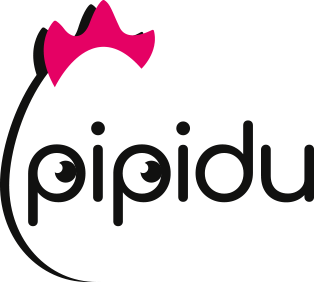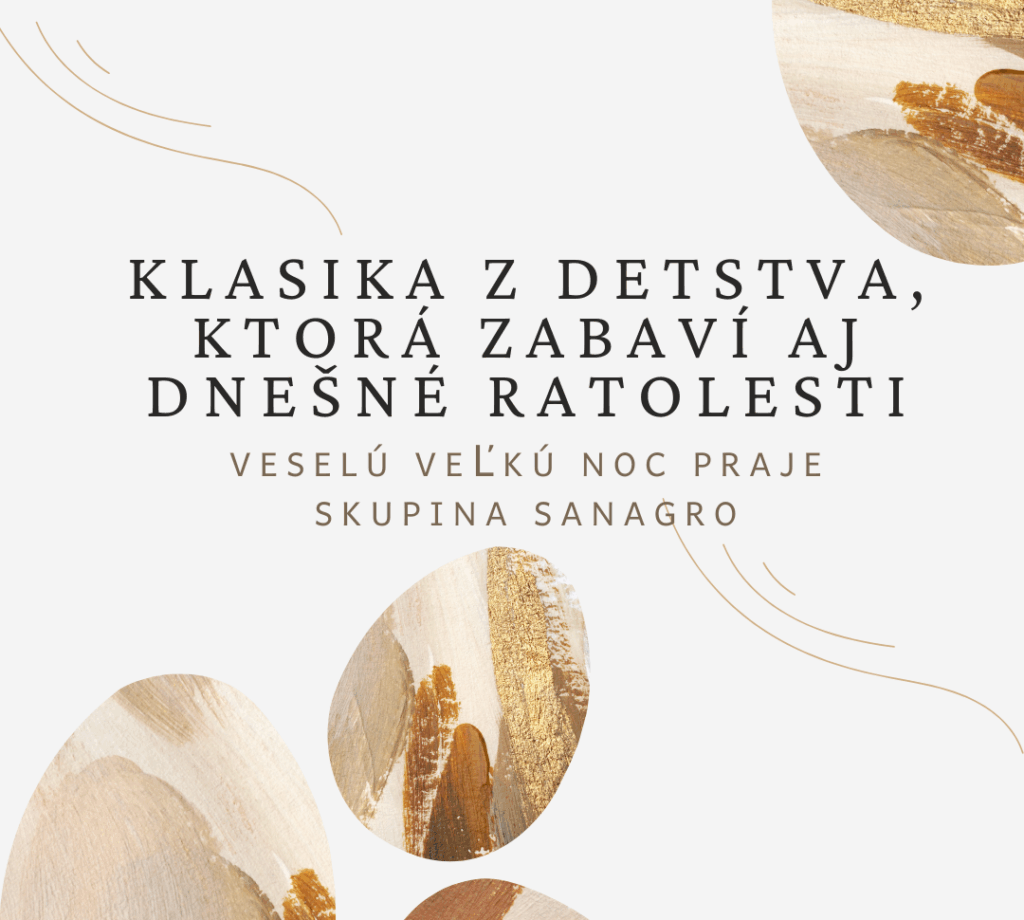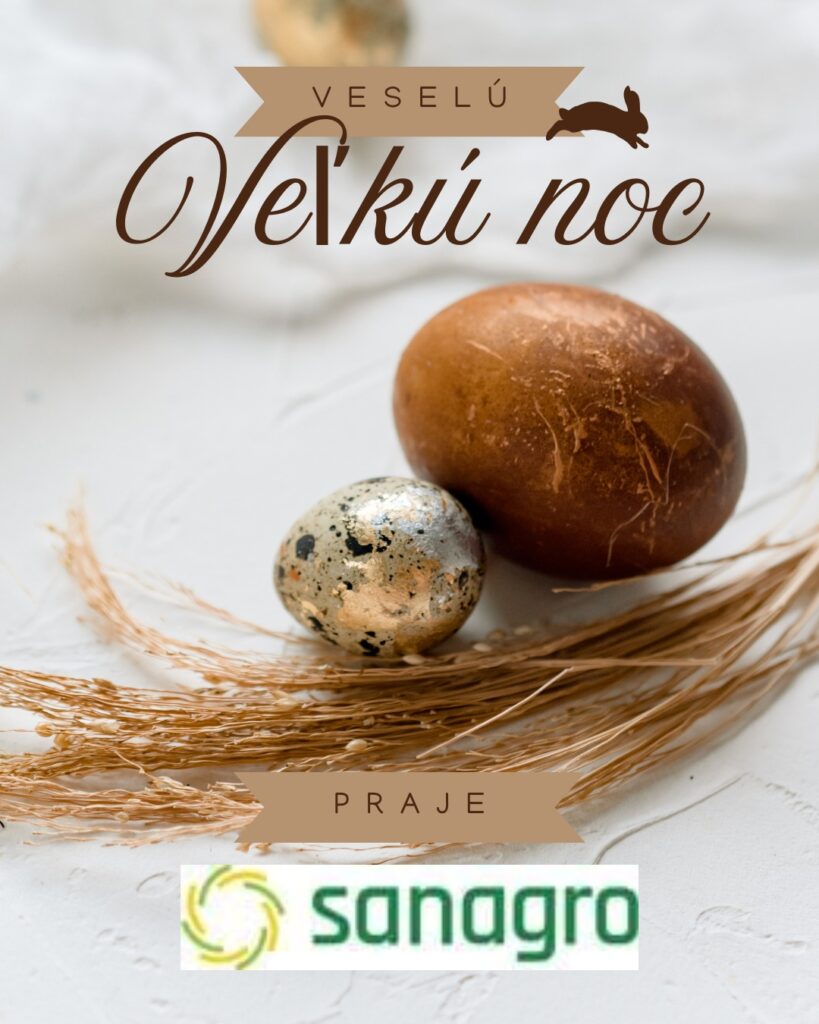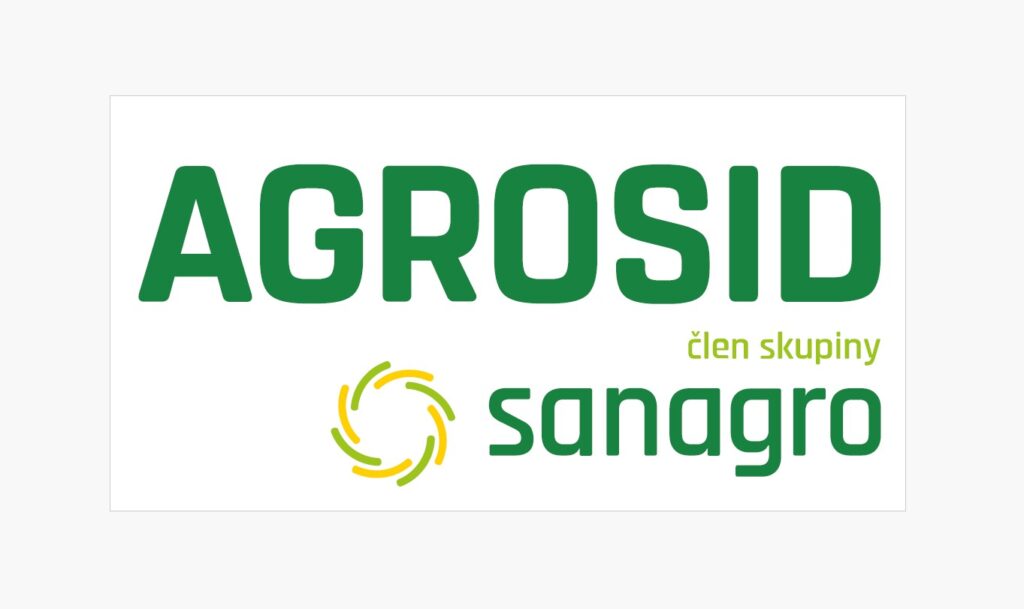Slovak processors have veto power with me, says Dušan Krajči, founder of Lukra Slovakia, which trades in agri-commodities.
Its business strategy is an absolute preference for Slovak customers. The reason is clear. He believes that domestic agriculture holds enormous potential, but twenty years of its degradation have meant that he has to start from scratch. Dušan Krajči, owner and founder of Lukra Slovakia, a company that trades in agri-commodities and is a member of the SANAGRO. "I want Slovak businesses to be stronger. That's why I give them the right of veto - before I negotiate a contract abroad, I will call on them again to match the foreign partner's offer," he says.
THE PROCESSOR IS THE PRIORITY, NOT THE TRADER
The professional beginnings of Dušan Krajči were based on trade with mineral raw materials, metals, plastics, technical and agro commodities. He has devoted almost his entire career to them. The necessity for change began to gradually come about 15 years ago. With the arrival of large multinational players, the market for industrial commodities began to close. Foreign companies managed their purchases of raw materials centrally and the space for Slovak entrepreneurs was narrowing.
And so he decided. He stood on his own two feet and defined the business to one specific sector. Food. And so he founded Lukra Slovakia. "For a long time, we have acted as an intermediary between primary producers and processors. In addition to traditional trading, we provided financial services to primary producers. We bought raw materials from them before and at harvest time, while we bore the risk associated with the supplier relationships towards the producers and the 'pitfalls of financial discipline'," recalls Dušan Krajči. The advantage for farmers was that they did not have to look for outlets, bear the risk of payment discipline and liquidity. The processors, in turn, knew "that they would have a balance of raw materials even outside the exposed harvest period, when they are under the most pressure.
Over time, however, the market has changed. On the one hand, some cooperatives have disappeared, changed their structure and generational changes have taken place. On the other hand, imports of food, meat and frozen bakery products from abroad have increased massively, causing the disappearance of traditional processors such as Palma, sugar mills, meat processors, and a decline in milling and bakery production. The crisis has brought even more pressure on prices, and the scope for trade has narrowed considerably. Lukra Slovakia had to change its business concept. "We started to prioritise sales directly to processors of grain, oilseeds, milk, and raw materials, and we started long-term relationships with factories as well as primary producers, to start providing a broader service, consulting, creating strategies, and partly taking on more responsibility and guaranteeing successful sales of commodities. Today, we sell only 10 to 15 per cent of our production to trading companies."

SANAGRO SUPPLIES MILK EXCLUSIVELY TO SLOVAK DAIRIES
Dušan Krajči claims that his strategy is to focus on the Slovak market, local companies and the domestic consumer. "Before I sign a contract abroad, I try to agree on mutually beneficial conditions with Slovak processors. We always prefer to leave the goods on our market. I am of the opinion that we need to rely more on Slovak companies in the future. A foreign entity will never offer us certainty, but a domestic one will. We have to cooperate because we cannot survive without each other," says Dušan Krajči, whose company Lukra Slovakia is part of the Slovak agricultural group SANAGRO.
The idea of Dušan Krajči and SANAGRA is gradually being translated into practice. As he further points out, SANAGRA farms produce 1.8 million litres of milk per month. "It's sick to have goods transported thousands of kilometres to us. Therefore, our farms give all the milk to Slovak dairies, not even a litre is exported abroad. We supply only those dairies that have a Slovak owner, currently Agro Tami, Euromilk Veľký Meder and Koliba Hriňová."
THE PRICE IS DETERMINED ABROAD
They are pursuing a similar path with other commodities as far as the market allows. According to Krajči, they have already achieved that up to 50 percent of wheat and rapeseed produced remains in Slovakia. And they want more of it over time. But market conditions have yet to change. "We have very few domestic processors in this respect because we have destroyed our agro sector. Our market cannot absorb so much wheat because of the high volume of frozen imports. And also flour consumption has fallen by 50 per cent in the last 30 years. Moreover, commodity exchanges have attracted a lot of speculative capital in recent years and have behaved unpredictably. They do not take into account the price increases of commodities between harvest and new harvest, storage or financing of stocks as they did in the past," Krajči says, adding that consumers must realise that it does not matter at all what the situation is in commodities in Slovakia, the price is determined by the big markets - Germany, France and Poland. "If our traditionally fertile areas of the Danube Plain and Trnava Table are also experiencing drought, yields are falling and primary producers are expecting a price increase, it may well happen that the exchanges are blocked by a surplus from abroad."
Dušan Krajci sees the worst situation in this respect in the area of meat processing. Today, they are forced to sell healthy Slovak cattle to foreign buyers in order to survive. The Slovak market is set for subsidised meat from abroad. "It is not normal for us to sell stock cattle at around three euros per kilogram, have someone else take them away, breed them for two years, bring them back and sell them for 3.6 euros per kilogram. This has to change,' Krajči is concerned. He adds that the market can be stimulated, for example, by long-term contracts, where not only producers but also processors are stabilised.
KEY LINK
Today, Lukra Slovakia trades with approximately 40 Slovak farms. However, the SANAGRO group has become a key customer for the company, with which they agreed on a merger in the middle of last year and only a few weeks ago the Slovak Antimonopoly Office approved the merger. "The merger was a logical outcome of our cooperation, as we have been cooperating for a long time. We are able to negotiate not only for our farms, but also for external ones, better price and sales conditions by being able to maximize the volume. The connection with SANAGRO also provides us with greater stability on the market for both customers and employees," concludes Dušan Krajči.






